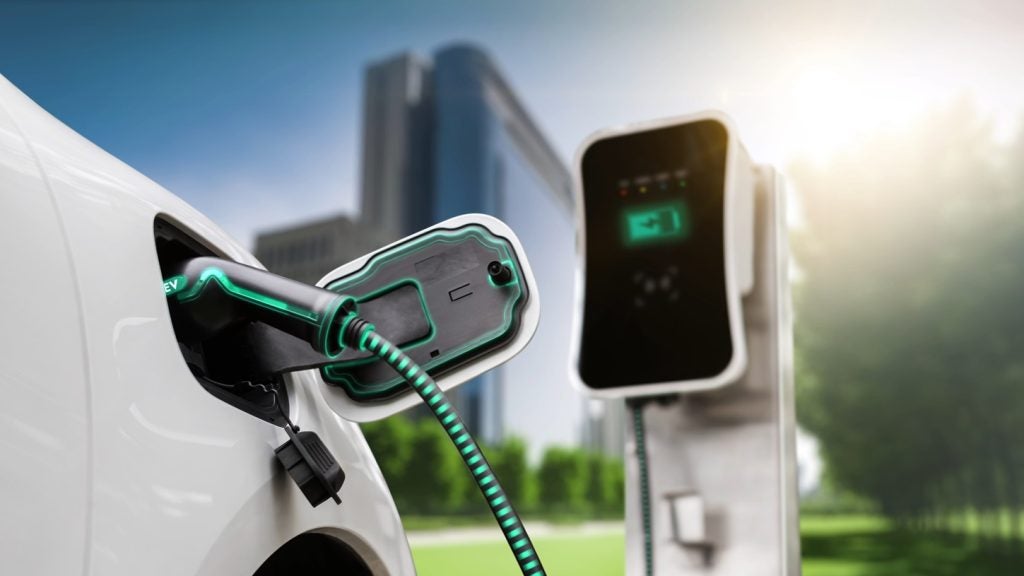
Spencer Halil, director of vehicle lender Alphera, discusses with Jonathan Minter how the company is using incentives and accreditation to drive better consumer processes and outcomes
With the direction both the industry and the regulator have taken since the recession, it is not too surprising that volume-based incentives for dealers have become a lot less common in the industry than they were a few years ago.
Spencer Halil, director of Alphera, acknowledges that a move away from incentives focused on numbers, cases, volumes or profit was probably an appropriate move. However, this has also resulted in virtually all incentives other than remuneration schemes all but ending.
According to Halil: “This was a real shame. Running an incentive of one form or another gives us a really good platform for engaging with our partners, for engendering loyalty and for encouraging good behaviours.”
The challenge for Alphera was to create an incentive scheme that incentives behaving in a way which generates good customer outcomes, as opposed to just generating higher volumes.
This ended in an incentive scheme which only focuses on the response rate to a post-sale survey, and the extent to which a dealer gets an improved recommendation rate, as a result of that survey. Running with a large group of small to medium-sized dealers and one very large dealer group, there will be a foreign travel-type reward as the incentive in the first quarter.
How well do you really know your competitors?
Access the most comprehensive Company Profiles on the market, powered by GlobalData. Save hours of research. Gain competitive edge.

Thank you!
Your download email will arrive shortly
Not ready to buy yet? Download a free sample
We are confident about the unique quality of our Company Profiles. However, we want you to make the most beneficial decision for your business, so we offer a free sample that you can download by submitting the below form
By GlobalDataDescribing the aims of the incentive scheme, Halil says: “We think the industry has been incredibly good at putting in place a lot of the fundamentals that will deliver us a compliant sales process, and a strong compliant experience for the customer.
“But we are not so convinced that we have gone far enough in understanding how all of those things actually end up with an experience that the customer enjoys.”
By receiving verbatim feedback, Alphera is hoping to learn some additional insight to allow it to tweak its sales processes and procedures – for example, if it finds customers want less jargon.
Halil admits this is something which will always be additional to the basic remuneration plans, and that there will need to be a more structured mechanism focused on every dealer relationship, whether that be in the form of commission as it is today, or whether that be in the form of some other remuneration scheme in the future.
However, he adds: “I would like to see more of these types of initiative. The more lenders find out about how their customers really feel about the experience, the more likely that we will get universal improvement in that process across all business and all lenders.
Education
Alongside this, Alphera is planning to launch a partnership with the Institute of the Motor Industry (IMI). As part of the partnership, Alphera will offer its supporting partners training, assessment and accreditation, and for those with enough experience – assessment and accreditation without the training.
The decision to pursue this partnership originated last year, as questions began to be asked about the professionalism of some of those selling motor finance in the mainstream. To combat this, Alphera looked into the possibility of launching its own accreditation, but soon realised a single lender lacked the clout alone. Simultaneously, the IMI had developed its accreditation programme, and was looking for lender partners.
Although the training will not be free, Halil says the costs have been designed to only cover Alphera’s costs; this is not something the lender is planning on making money out of.
Explaining the decision to charge for the training, he notes: “We do not want to skimp on the resources we apply to it. If we were to try and do it without sharing the cost of that resource, it would end up becoming something less than it might be otherwise.”
When questioned over what this means for Alphera’s relationship with Specialist Automotive Finance (SAF), and more specifically SAF Advanced, which the IMI seems to offer an alternative to, Halil is clear that Alphera is still “100% behind” SAF and all of the Finance and Leasing Association’s (FLA) education initiatives. He does not necessarily view the IMI and FLA accreditations as competing. To maintain IMI membership, members need to keep up-to-date with their SAF basic qualification, which requires annual assessments.
Describing the difference between the two, Halil says SAF Advanced is more academic in comparison to the IMI accreditation, which is a bit more hands on.
“They complement each other, and you could do both if you wish; our teams will be doing both in time. If your way of learning leans you more towards a practical mode, then you might choose the IMI. If you are an academic learner, you might choose SAF.”
Update: Since this article was published, Alphera has revealed all of its senior management team will seek to achieve the SAF Advanced accreditation.







